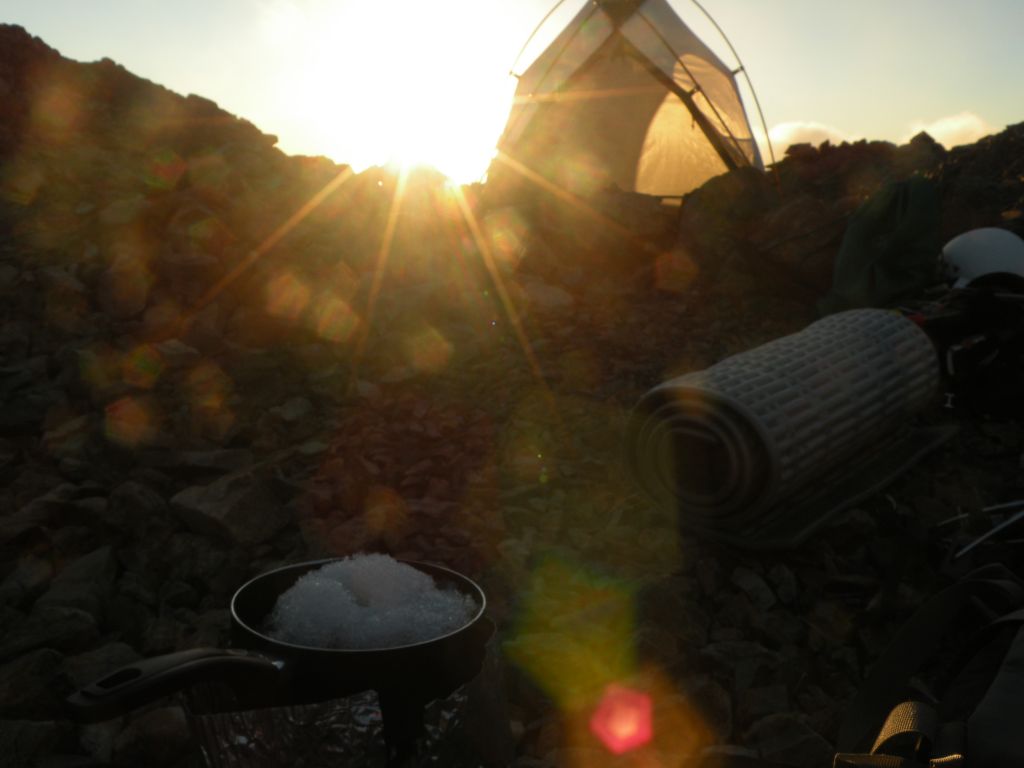Noticing Smartphone Addiction
The other day I listened to an interview with Nancy Colier, author of The Power of Off, about technology addiction. Smartphones feature prominently in the conversation as a driving force in our increasing distraction and disconnection from our own bodies and from our loved ones. If you can find an hour, take a listen.
Nancy makes one point which resounded with me in particular: We often leave a smartphone on the table when we’re meeting with a friend, and it hurts our connection. I’ve been vaguely aware of this as an issue for a while, but she describes it very precisely.
When the phone is on the table, we’re telling our friend, “you’re not enough.” We’re willing to be interrupted by something else that might be more interesting, important, or urgent than what we’re doing right now. Maybe that’s true. If we’re waiting for a call about a birth in the family, or about whether a house sale went through, we can let our friend know how important that is. But usually we’re just getting text messages from someone we’re going to see later, emails about work, or meaningless push notifications from an app (Life Pro Tip — turn them all off). Those all can wait.
A simple solution is to leave the phone in a bag during the conversation. Even having it in a pocket can be distracting, unless your phone is fully silent and non-vibrating.
I started to realize that this isn’t only an issue when we’re sitting with someone else. It’s just as much an issue when we’re by ourselves. I usually leave my phone next to me, screen up, when I’m working on my computer or writing in my journal. Now I’m telling myself, “I’m not enough.”
It’s not enough for me to sit with myself, to focus on a specific piece of work I care about. I’m willing to be interrupted by anything that might come my way. That interruption, that distraction, has become more important than my connection with my work and my awareness.
This bums me out. I’m not sure another way to put it. I’ve had conversations where I’ve expressed this idea that technology is making us less in some way, and I’ve gotten a lot of push back. There is resistance to the idea that something new and useful could be worse than what we had. Intrusive technology, it seems, is inevitable. I do think there are responsible and healthy ways to use technology, but I also think that everything about how it is designed is to keep us from using responsibly. We’re driven to distraction, addiction, and dissatisfaction. Marketers and app-creators want it that way.
Of course there are exceptions. Of course technology does good things. But for the moment I’m going to revel in being a curmudgeonly luddite and dream about going back to a landline.

